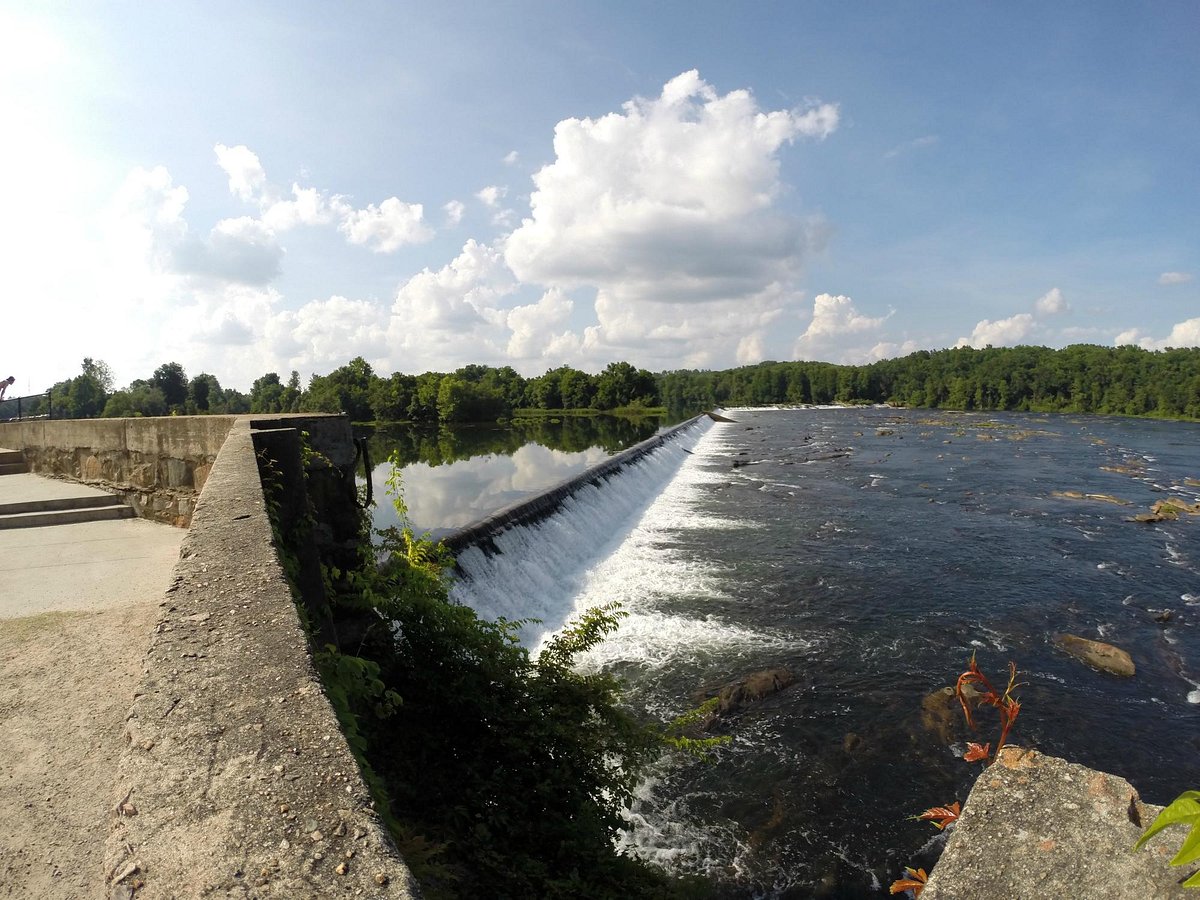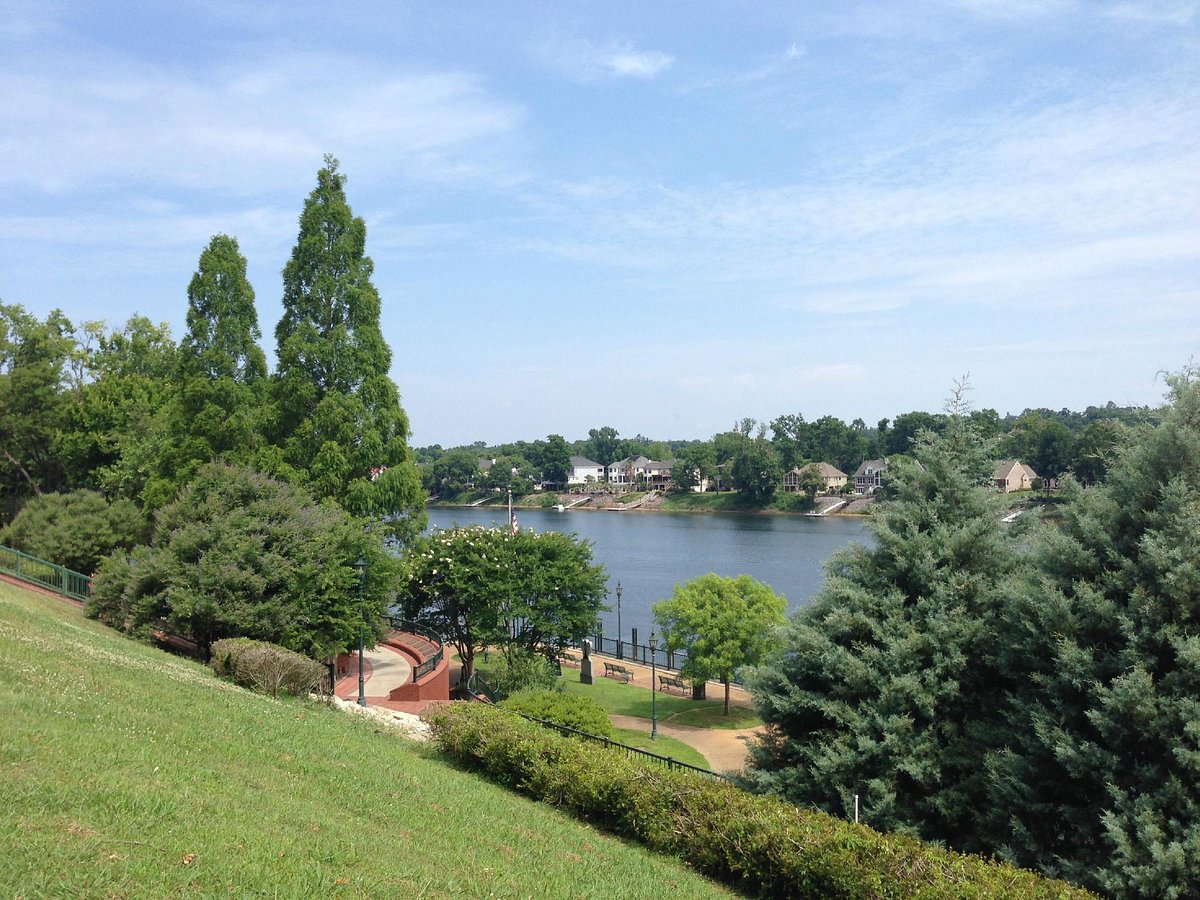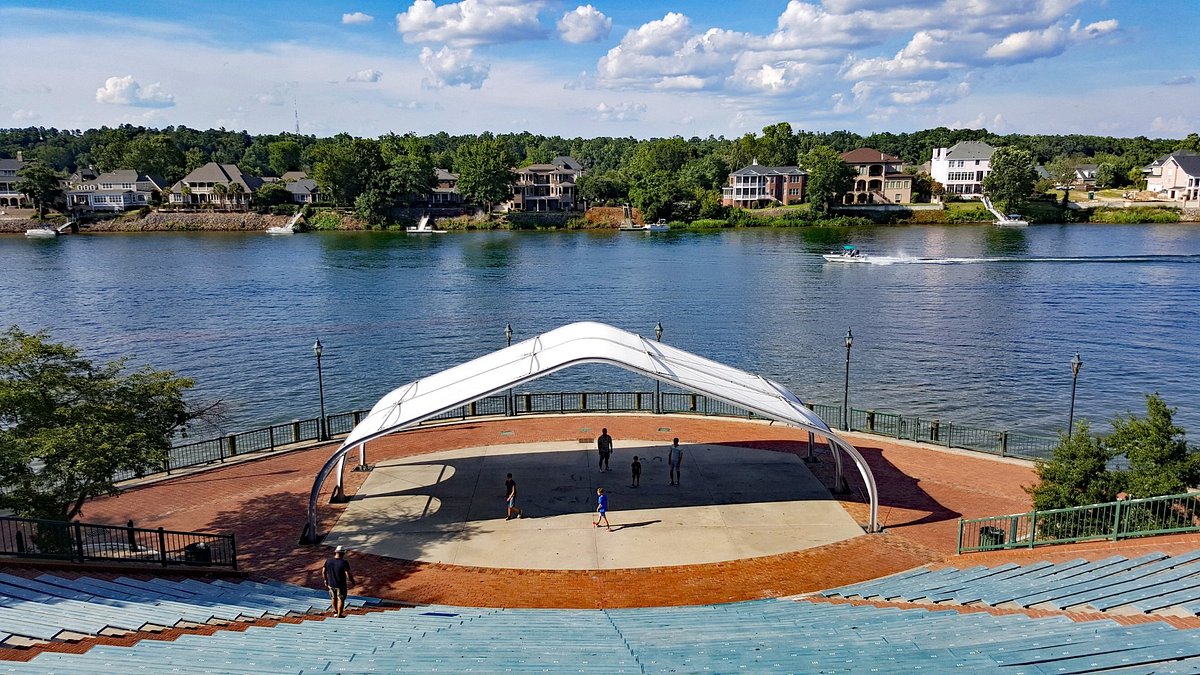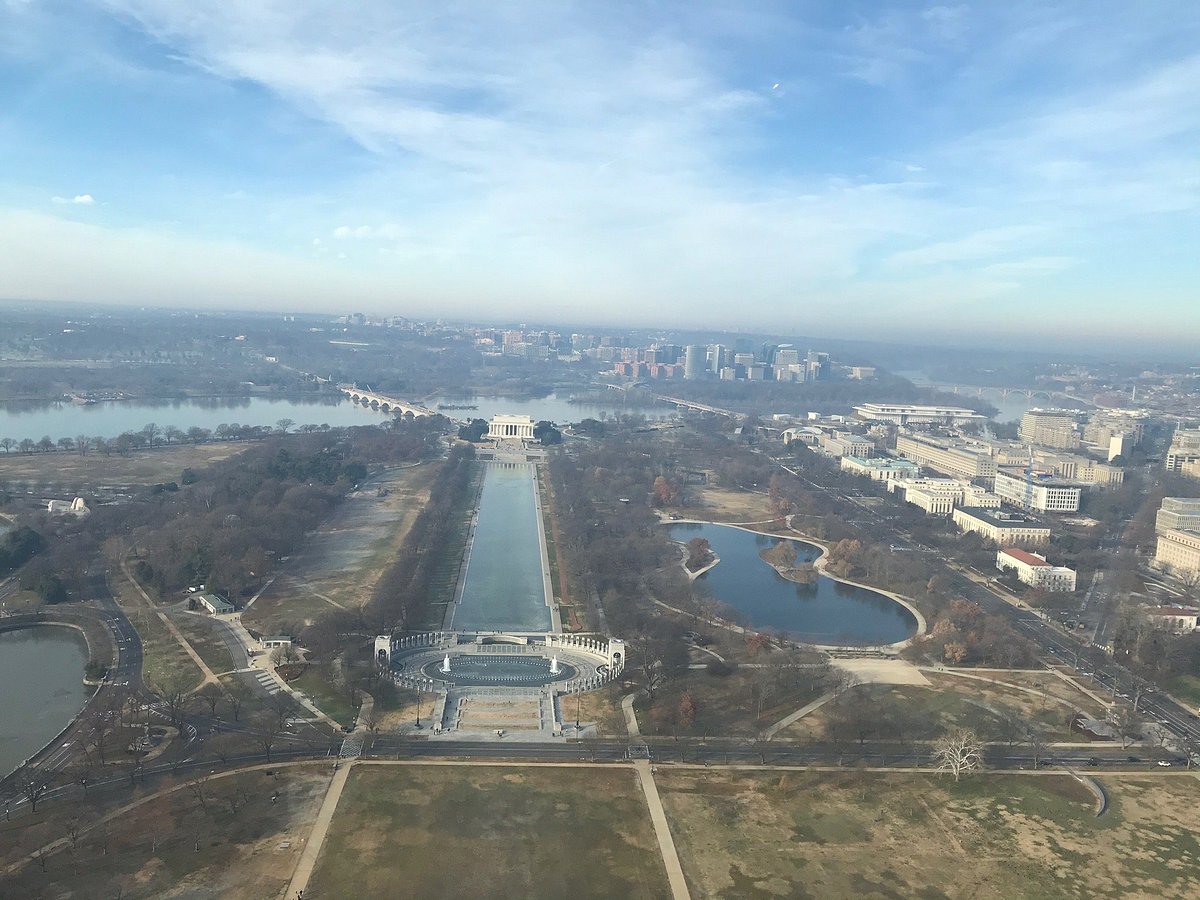Quick Bits:
Augusta, a gem in eastern Georgia, blends Southern elegance with a calm riverfront life. Known across the world for the prestigious Masters Golf Tournament, this city offers far more than championship greens. With its historical character, scenic beauty, and slow, gracious rhythm, Augusta invites both travelers and settlers alike.
Walk down Broad Street and you’ll feel the heartbeat of a city that respects its roots while embracing change. This destination isn’t about skyscrapers or fast lanes. It’s about steamboat nostalgia, jazz on a back porch, and the red clay paths of Georgia soil.

Image by: seeingtheworld22 – Via Tripadvisor
Key Highlights
- Historic southern city with deep-rooted heritage
-
Nestled on the banks of the Savannah River
-
Home to the world-famous Masters Golf Tournament
-
Year-round outdoor activities, parks, and riverside charm
-
Ideal blend of culture, food, and natural landscapes.
General Information
Founded in 1736, Augusta is Georgia’s second-oldest city. It stands along the banks of the Savannah River, acting as both a cultural bridge and a historic cornerstone of the American South.
-
Location: Eastern Georgia, bordering South Carolina
-
Population: Around 200,000
-
Elevation: About 150 feet above sea level
-
Area Code: 706 / 762
-
Known For: Masters Golf Tournament, James Brown’s hometown, medical innovation
The city holds a unique place in the American fabric. From its colonial origins to its modern-day institutions, Augusta wears history with pride. It was once a hub for cotton trade and later served as an important site during the American Revolution and Civil War.
Today, its strong medical and military presence (thanks to Augusta University and Fort Eisenhower) has shifted its economy toward education, healthcare, and defense.

Image by: cowtown036 – Via Tripadvisor
Geography Information
Augusta’s landscape is shaped by the Savannah River, which defines its eastern edge and separates it from South Carolina. The terrain mixes rolling hills with wide plains and woodlands. This gives the region its blend of fertile ground and scenic backdrops.
Key geographical features:
-
Savannah River: Main water body, supporting transport and recreation
-
Augusta Canal: Historic waterway built in 1845 for industrial and energy use
-
Piedmont Plateau: Lush highland region north of the city
-
Red Clay Soil: Prominent in the surrounding countryside, typical of central Georgia
Nature flows through Augusta. Parks, waterways, and green belts wind around the city, connecting people to their environment in an easy, daily rhythm.

Image by: NeoWasHere – Via Tripadvisor
Places to Visit
Augusta is a city best explored slowly. Whether you’re after culture, history, or outdoor adventure, its sites tell their stories with grace and patience.
1. Augusta National Golf Club
-
Legendary course where the Masters Tournament is held
-
Not open to the public, but its influence is felt citywide each April
2. Augusta Riverwalk
-
Landscaped park running alongside the Savannah River
-
Amphitheaters, gardens, playgrounds, and art installations line the way
3. The Augusta Canal National Heritage Area
-
Offers trails, boat tours, and museums
-
Walk, bike, or kayak along this 19th-century engineering marvel
4. Morris Museum of Art
-
Features Southern art from the 18th century to today
-
Rich exhibits celebrating regional voices and themes
5. Meadow Garden
-
Home of George Walton, a signer of the Declaration of Independence
-
Beautifully preserved and open for guided tours
6. Sacred Heart Cultural Center
-
Former Catholic church turned event and art space
-
Stained glass and brick architecture make this a visual treat
7. Phinizy Swamp Nature Park
-
Trails and boardwalks through marshlands and wetlands
-
Ideal for bird watchers and nature photographers
8. James Brown Statue and Museum
-
Pay tribute to the Godfather of Soul with a visit to his memorial and exhibit.

Image by: Lifetraveler – Via Tripadvisor
Yearly Climate
Augusta enjoys a humid subtropical climate with clear seasonal shifts. Summers feel warm and damp. Winters arrive cool and calm. Spring and autumn are the most inviting.
| Season | Temperature Range | Conditions |
|---|---|---|
| Spring (Mar-May) | 55°F – 80°F | Bloom-filled, mild winds |
| Summer (Jun-Aug) | 70°F – 92°F | Hot, occasional thunderstorms |
| Fall (Sep-Nov) | 50°F – 78°F | Dry, crisp air, golden leaves |
| Winter (Dec-Feb) | 35°F – 60°F | Short chill, little snow |
Rain spreads evenly across the year, but thunderstorms peak during summer afternoons. The city rarely sees snow.
Best Time of Year to Visit
The best months to explore Augusta fall between March and May or between late September and early November. These seasons offer mild weather, open festivals, and easy movement through the city’s parks and historic spots.
Why Spring?
-
Azaleas bloom across the city
-
The Masters Tournament brings global spotlight
-
Outdoor dining and events are in full swing
Why Fall?
-
Comfortable temperatures
-
Leaf-changing scenery in nearby parks
-
Lower hotel rates post-tourist season
Summer works for river activities but prepare for heat. Winter suits museum lovers and quiet seekers, though some trails may feel too brisk.

Image by: goldenram1– Via Tripadvisor
In Summary…
Augusta carries its Southern charm in more than its streets and structures. It lives in its pace, in the way sunlight filters through live oaks, and in the sounds of blues and soul drifting from a local porch.
It is a city for those who listen. For those who prefer heritage over haste. You come for the golf, stay for the quiet river walks, and return for the stories woven into its bricks.
If your path leads through Georgia, let it linger in Augusta.






